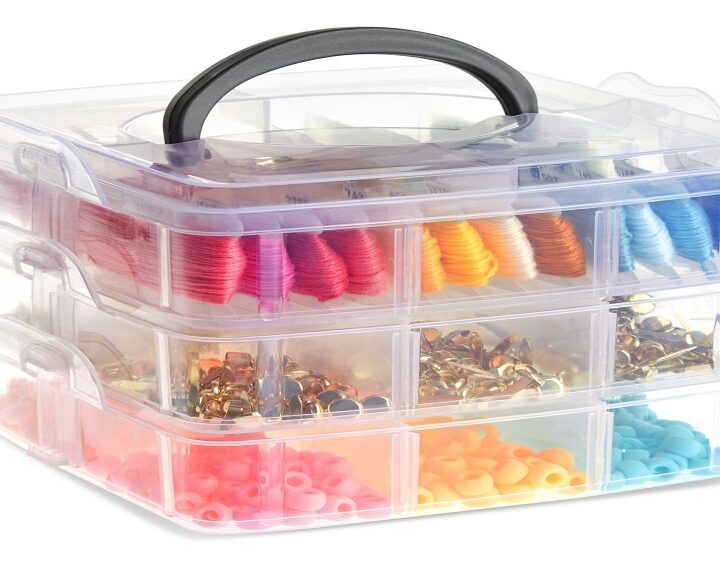Choosing the right broker for Forex CFD trading is a critical decision that can significantly impact your trading success. With the vast array of brokers available, each offering different services, fees, and features, it can be overwhelming to find the one that best fits your needs. This guide will walk you through essential considerations to help you make an informed choice.
Understand Your Trading Needs
Before selecting a forex broker, it’s important to have a clear understanding of your trading needs and goals. Begin by defining what you want to achieve through Forex CFD trading. Are you looking for long-term investments, or are you more interested in short-term trading? Your trading goals will influence the type of broker that is right for you.
Consider your trading style as well. Whether you’re a day trader who executes multiple trades per day, a swing trader who holds positions for several days, or a scalper who seeks to profit from small price movements, each style has different requirements. For instance, day traders often need brokers that offer low spreads and fast execution times, while swing traders might prioritise brokers with better research and analysis tools.
Research Broker Regulations and Reputation
Regulatory compliance is a fundamental aspect of choosing a Forex CFD broker. A well-regulated broker adheres to stringent standards, which helps ensure the safety of your funds and fair trading practices. Look for brokers regulated by reputable authorities such as the Financial Conduct Authority (FCA) in the UK, the Australian Securities and Investments Commission (ASIC), or the Cyprus Securities and Exchange Commission (CySEC). These regulators enforce rules that protect traders and maintain market integrity.
Additionally, the reputation of a broker plays a significant role in your decision-making process. Take the time to read reviews and testimonials from other traders. Pay attention to any recurring issues or concerns, such as withdrawal problems or poor customer service. Checking whether the broker has been involved in any regulatory issues or scandals can provide further insights into their reliability and trustworthiness.
Analyse Available Trading Platforms
The trading platform provided by a broker is your primary tool for executing trades and analysing the market. Therefore, it’s crucial to evaluate the usability and features of the platform before making a decision. Look for platforms that offer a range of technical analysis tools, such as charting capabilities and indicators. These tools can aid in making informed trading decisions and help you execute strategies effectively.
Platform stability and performance are also critical factors. A reliable platform should offer quick and efficient trade execution without frequent downtime or technical glitches. This ensures that you can respond to market movements promptly without the risk of missed opportunities or erroneous trades.
Assess Customer Support and Service
Quality customer support can make a significant difference in your trading experience, especially when issues arise or you need assistance. Evaluate the availability and accessibility of customer support provided by the broker. Ideally, support should be offered through multiple channels, such as live chat, email, and phone, to accommodate your preferred communication method.
The effectiveness of the support team is equally important. Assess the professionalism and responsiveness of the staff. A broker with knowledgeable and helpful support can assist you promptly with any issues or questions that may arise. Additionally, consider whether the broker offers educational resources and training materials, as these can be invaluable for both novice and experienced traders seeking to improve their skills.
Evaluate Account Types and Features
Different brokers offer various types of accounts, each with distinct features and requirements. It’s important to understand the options available and choose the one that best suits your trading needs. For example, brokers may offer standard accounts, mini accounts, or micro accounts, each with different minimum deposit requirements and trading conditions.
Leverage and margin requirements are also crucial factors to consider. Leverage allows you to control a larger position with a smaller amount of capital, but it also increases the risk. Ensure that the leverage offered by the broker aligns with your risk tolerance and trading strategy. Additionally, understand the margin requirements and how they impact your ability to maintain positions.
Consider Additional Services and Tools
Beyond the core trading features, additional services and tools offered by brokers can enhance your trading experience. Educational resources, such as trading guides, webinars, and tutorials, can be valuable for developing your trading skills and staying informed about market trends. Brokers that invest in educational content often aim to support their clients’ long-term success.
Research and analysis tools provided by the broker can also play a significant role in your trading strategy. Access to market research, news feeds, and analysis tools can help you make more informed decisions and stay updated on market developments. Evaluate the quality and breadth of these resources to ensure they meet your needs.
Conclusion
Choosing the right broker for Forex CFD trading requires careful consideration of various factors, including your trading needs, regulatory compliance, costs, platform features, customer support, account options, and additional services. By thoroughly researching and evaluating these aspects, you can find a broker that aligns with your goals and enhances your trading experience.






